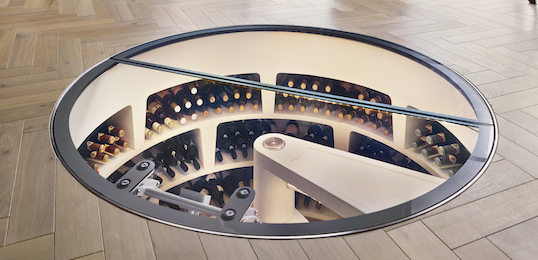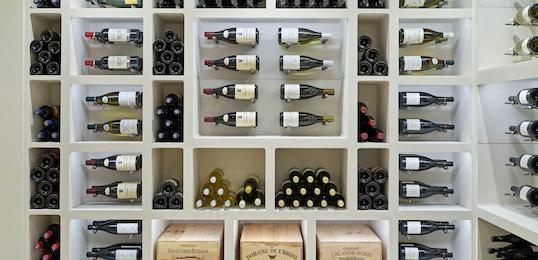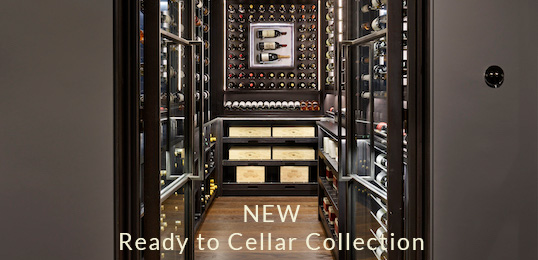Many cultures have adopted the practice of eating small morsels of food before meals. These appetisers, also called starters and hors d’oeuvres, are incredibly popular because they set the tone for the rest of the meal.
It’s difficult to pinpoint exactly how the practice of serving appetisers was invented, although it’s documented that during the Renaissance period, from the 14th to the 17th century, physicians recommended that their patients eat a small amount of food before the meal to aid digestion – usually in the form of salty meats.
Appetisers have existed long before this time period, however, as small bites of food have been part of meals since the Ancient Roman and Greeks held banquets rich in fruit, olives and cheese dishes. No matter when and where this course originated, it has evolved over the years to include a large variety of dishes that vary from culture to culture.
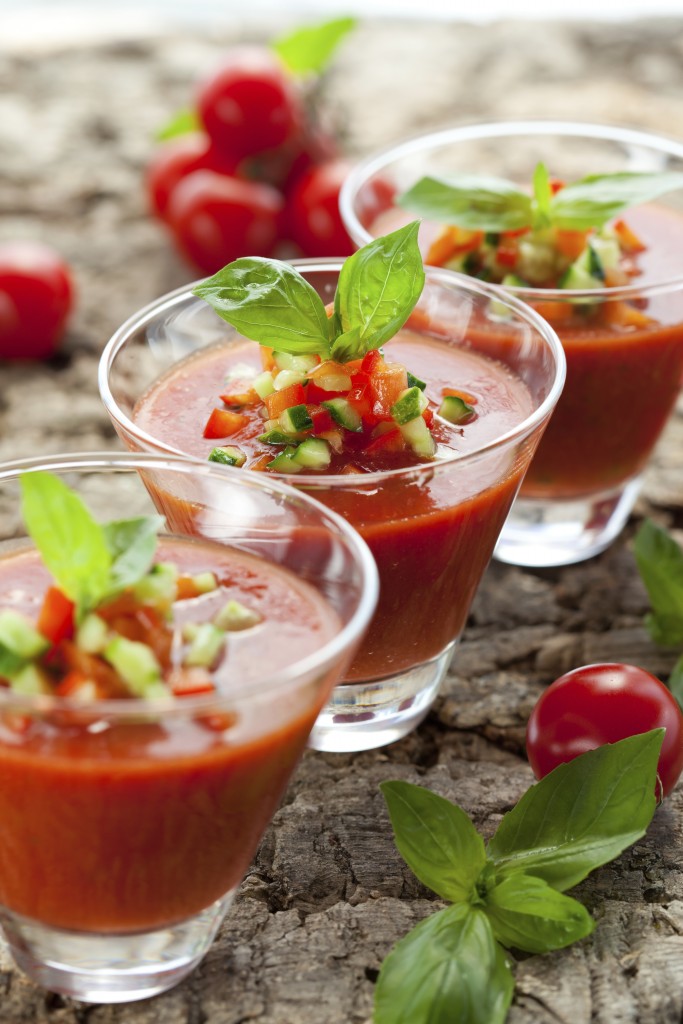
Amuse-Bouches
Sometimes, an amuse-bouche is served before the appetiser, often accompanied by wine, and while having one is not always the convention, if you’re hosting a dinner party it can be a fantastic idea to offer your guests a little teaser of what’s to come.
Amuse-bouches differ from appetisers in that they’re bite-sized and not exactly seen as a course – also, they’re not ordered from menus in restaurants. Instead, the chef typically sends it to the table as a complimentary gesture, often to serve as a glimpse to the chef’s cuisine.
If you wish to serve wine with an amuse-bouche, you can’t go wrong with medium to full-bodied red wines, such as Merlot and Burgundy – these wines are characterised by their fruitiness and subtle bitterness, a fantastic start to any meal.

Appetisers and Wine
In the cuisine world there are many different appetisers, ranging from vegetarian, fish and meat dishes. No matter which one you intend to serve, you’ll find there’s always a wine that perfectly matches it.
For anyone who intends to savour their wine during starters, it’s vital to ensure the appetisers are not too spicy or overwhelming, as that could take away from the flavour of the wine – or confuse the palate, since instead of complementing each other, both the appetiser and the wine are out of balance.
Popular appetisers include antipasti, which can be served with dry Pinot Gris, Sauvignon Blanc or Pinot Blanc to form a stunning combination of flavours, and quiche, perfect with Chardonnay or Viognier. Cheese is another popular appetiser and, as we’ve previously discussed, it can be served with wine to create beautiful flavours that perfectly balance each other.
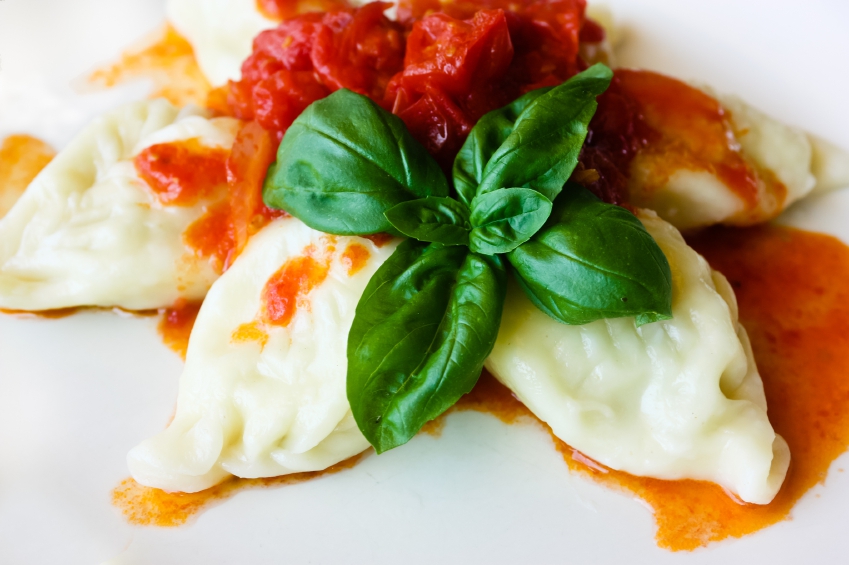
Appetisers with fruits or vegetables go very well with Riesling, while Sangiovese, a rich, flavourful Tuscan wine, is perfect for dishes with meat.
A beverage that you may not have initially thought to match with your appetisers is sparkling wine, such as Cuvées and Moscatos. An increasing number of people are focusing on this type of wine, as they find its exceptional depth of flavour perfect for many occasions and meals – including appetisers.
Due to the near limitless variety of appetisers, you can experiment with pairings and figure out what you like the best. Because the wine is versatile, however, you’re virtually guaranteed a perfect pairing, no matter what, which means that anything fruity, meaty or savoury, for instance, will match well with your choice of sparkling wine from your perfect wine room.

Overall, white wines suit light appetisers, such as vegetable-based ones, while red wines pair well with meat-based appetisers, such as the ones found in tapas. Dessert wines, due to their sweet taste, are finely paired with stronger-flavoured appetisers.
A good pairing of food and wine will bring balance to the dish and enhance flavours, so you want to find the right match in order to start the meal on the right foot. There are many pairings you can choose, all of which aim to create complex, beautiful flavours that will leave you and your guests wanting more.
